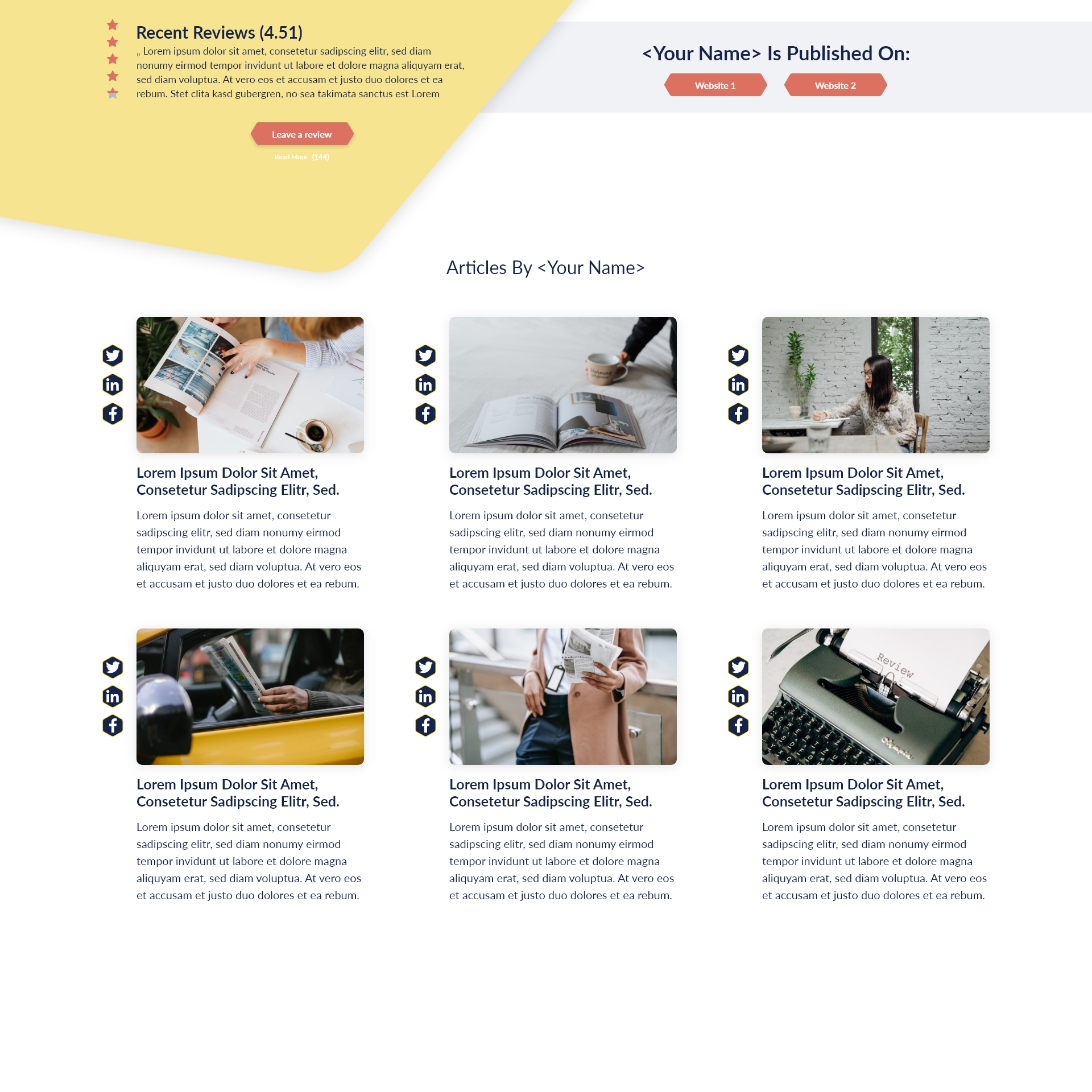Key Takeaways:
- Confidence lies at the core of effective leadership, shaping decision-making and team culture.
- Early life experiences and a positive mindset significantly influence leadership confidence.
- Executive presence, authentic body language, and consistent actions help build trust and gain respect.
- Leaders must recognize imposter syndrome and foster psychological safety within their teams.
- Emotional intelligence guides confident leadership, especially during uncertainty.
- Assertive communication and public speaking are key to inspiring teams and cultivating trust.
- Consistency, integrity, and open dialogue are critical for sustaining respect and confidence.
Why Confidence Is the Cornerstone of Effective Leadership
Leadership in today’s complex and rapidly changing environment demands more than technical skills or intelligence. True leadership stems from an inner reservoir of confidence—a foundation that empowers leaders to make tough decisions, inspire trust, communicate effectively, and drive organizational culture. When leaders exude confidence, it not only strengthens their own performance but also encourages others to rise to their full potential. Understanding how to master confidence as a leader can be transformative for both individuals and the teams they serve.
The Foundations of Leadership Self-Assurance
How Early Experiences Shape Confidence in Leadership
Confidence does not appear overnight; it is often rooted in formative experiences. Many leaders attribute their self-assurance not only to personal achievements but also to early encouragement, mentoring, and exposure to challenges. Experiences that foster autonomy and learning from failure help forge resilience. For federal employees, reflecting on pivotal career moments—overcoming setbacks, being given increased responsibilities, or observing skilled mentors—can reveal how past experiences have shaped their current leadership style. These stories serve as bedrock memories, cultivating a belief in one’s ability to lead through uncertainty and change.
Developing a Positive Leadership Mindset to Overcome Doubt
Doubt is a natural part of leadership, especially in high-stakes federal roles. The key is to foster a growth mindset, believing that abilities can be developed through effort and learning. Leaders who frame challenges as opportunities for development—rather than threats—demonstrate resilience and set a tone for continuous improvement. Embracing a positive leadership mindset involves both self-reflection and seeking feedback, enabling steady confidence even amid evolving demands.
Building Trust as a Manager Through Executive Presence
Key Executive Presence Tips for Gaining Respect
Executive presence is the unique combination of confidence, composure, and credibility that makes leaders stand out. Building executive presence starts with clarity of purpose—understanding your team’s mission and communicating it with conviction. Leaders gain respect by expressing clear vision, remaining authentic, and being approachable. Setting professional standards, demonstrating decisiveness, and maintaining calm under pressure convey assurance and inspire trust across all organizational levels.
Leadership Body Language: Sending the Right Signals
Nonverbal communication plays a critical role in leadership. Strong body language—upright posture, open gestures, purposeful movements—signals confidence and openness. Eye contact fosters connection and understanding, while controlled facial expressions project calm and authority. Being mindful of how you physically present yourself in meetings, briefings, or everyday interactions can reinforce your messages and assure teams of your capability. Effective leaders also read the room, recognizing others’ cues and adjusting their approach accordingly.
Overcoming Imposter Syndrome at Work
Recognizing Signs of Imposter Feelings in Leadership Roles
Imposter syndrome can affect even the most accomplished leaders, manifesting as persistent self-doubt or fear of being exposed as unqualified. Signs include attributing success to luck rather than ability, downplaying achievements, or over-preparing for tasks. Left unchecked, these feelings can undermine a leader’s confidence and negatively influence their team. It is crucial to acknowledge imposter feelings, realizing they are common and not a reflection of true capability.
Strategies to Promote Psychological Safety in Teams
Creating a psychologically safe environment enables team members—and leaders themselves—to express ideas, admit mistakes, and seek guidance without fear of negative repercussions. Encourage open dialogue, validate concerns, and show appreciation for honest feedback. Psychological safety not only diminishes the effects of imposter syndrome but fosters innovation and trust. Leaders can model vulnerability by sharing their own challenges and learning experiences, demonstrating that it is safe to be authentic and imperfect.
Decision-Making Confidence and Emotional Intelligence
Leveraging Emotional Intelligence in Leadership Decisions
Emotional intelligence (EQ) enables leaders to recognize and manage their own emotions, as well as those of others. High EQ helps leaders remain self-aware, regulate their reactions, and empathize with team members—even during conflict. Leaders with strong emotional intelligence can accurately assess situations, anticipate team needs, and make balanced decisions that consider both facts and feelings. Cultivating EQ through mindful listening and reflection builds lasting confidence in your leadership choices.
Leading Through Uncertainty with Confidence
Uncertainty is inherent in leadership, particularly in the federal sector. Leaders who project calm reassurance help others feel secure, even when outcomes are unpredictable. Transparent communication, explaining what is known and what is still being determined, nurtures confidence during ambiguity. Relying on core values and organizational mission as guides for decisions ensures consistency and ethical clarity, reinforcing trust even when navigating uncharted territory.
Assertive Communication in Teams for Effective Public Speaking
Public Speaking for Leaders: Inspiring Team Confidence
Leaders are often called upon to speak publicly—whether presenting strategy, addressing staff, or representing departments. Effective public speaking is less about flawless delivery and more about communicating authentically and with conviction. Preparation, knowledge of your audience, and practicing delivery are essential. When leaders speak with passion and empathy, they rally teams and inspire collective confidence in the mission ahead.
Encouraging Confident Employees Through Honest Dialogue
Open, honest communication fosters an environment where employees feel seen and valued. Regular one-on-one check-ins, transparent updates, and soliciting input convey that every voice matters. Leaders who listen attentively and respond thoughtfully equip team members to communicate confidently in return. Honest dialogue builds rapport, identifies challenges early, and allows solutions to emerge collaboratively.
How to Gain Respect as a Leader
Consistency and Integrity as Tools for Building Respect
Integrity and consistency form the backbone of respected leadership. Following through on commitments, maintaining transparent standards, and treating all team members with fairness establish organizational credibility. Leaders who align their actions with their words—and admit mistakes when they occur—gain enduring respect from teams. Consistent behavior fosters a culture of reliability and predictability, essential for sustained trust.
Inspiring Confidence During Difficult Conversations
Challenging discussions are inevitable in leadership, especially in high-responsibility federal roles. Leaders who approach difficult conversations with empathy, active listening, and firm clarity reinforce both trust and confidence. Prepare in advance by framing the conversation around shared goals and outcomes, allowing for mutual respect and constructive action. Demonstrating composure and fairness during these moments sets a standard for team interactions and models confident, principled leadership.
Empowering your leadership with these principles not only enhances your own confidence but positively shapes the entire work culture. Strong, authentic leaders cultivate trust, empathy, and resilience—fundamental elements of a thriving federal organization.








